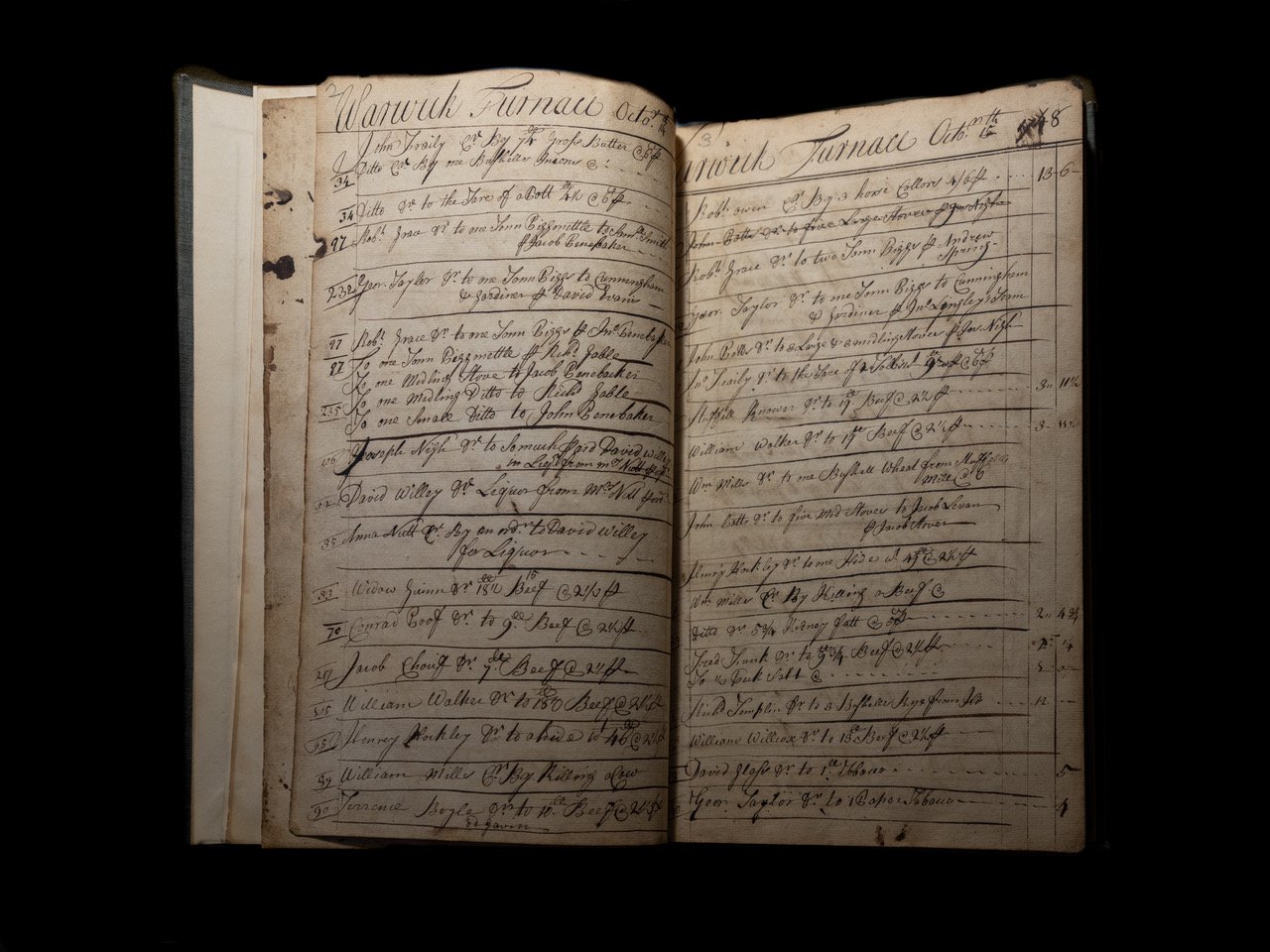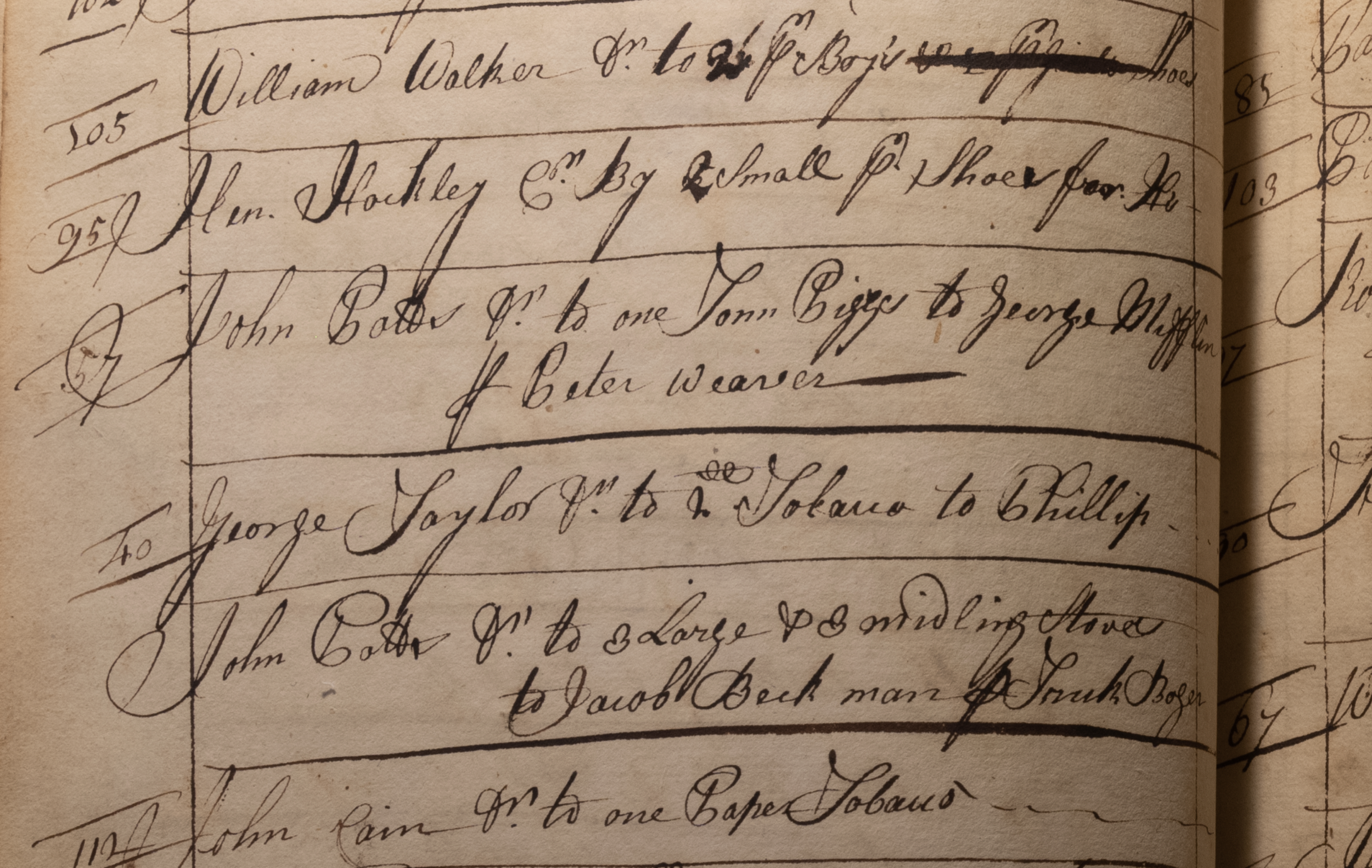AN INCOMPLETE
History of
WARWICK FURNACE & THE FARM
COURTESY OF DANIEL A. GRAHAM
Located near the village of Warwick, in northern Chester County, historic Warwick Furnace was established in 1737/38 by Anna Nutt & Co. She was the widow of Samuel Nutt, an English Quaker who had already built an ironworks at nearby Coventry and is considered the first woman industrialist in the United States. Nutt named his wife and nephew, Samuel Nutt, Jr., as his heirs. He directed in his will that his wife should build a furnace on 120 acres of land located on the south branch of French Creek. He died before it was completed.
In accordance with the will, Anna, her son Samuel Savage and Samuel Nutt Jr. constructed the furnace. According to the custom of the day, her workers built the furnace into a small hill so that the iron ore, limestone, flux, and charcoal -- which burned hotter and cleaner than the wood from which it was produced -- could be easily placed through the top. A sizeable operation, Warwick Furnace required the timber from 240 acres of forest for its annual operation. A large water-wheel powered by a race from the French Creek powered the bellows required for the production of iron. Its output included pig iron and castings for stoves, pots, kettles, andirons, clock weights among other household hardware.
When Samuel Nutt, Jr., died in 1739, his share of the ownership furnace reverted to Anna’s daughter and Samuel’s widow, Rebecca who shortly married Robert Grace, Benjamin Franklin’s friend. As ironmaster, Grace made the first Franklin stove at the furnace. It was during this time that indentured servant, George Taylor, later signer of the Declaration of Independence, became Warwick’s clerk.
In late 1741, Anna Nutt’s son-in-law, John Potts (who later founded Pottstown) became the ironmaster, renting the Grace portion and obtaining Anna’s portion. Potts made Warwick the lynchpin of his iron empire making it one of the largest producing furnaces in Pennsylvania and probably the colonies. Warwick stoves were sold throughout the colonies. John’s sons Thomas, Samuel, and John ran the operation when he was elected to the legislature with Samuel obtaining ownership after his father’s death.
Samuel Potts went into partnership with Thomas Rutter, his sister’s husband and they ran it during the Revolutionary War. Ardent patriots, in 1776-1778 the owners produced cannon for the Pennsylvania Navy and for Washington’s Army and munitions during the remainder of the war. After the so-called "Battle of the Clouds," General Washington retreated to the French Creek Valley and on September 17 and 18th, his troops camped at Warwick and nearby Reading Furnace where they rested and had their ordnance repaired. Cannon at Warwick were buried at this time to keep them out of British hands.
At Samuel Potts’s death, the furnace passed to his son David, and eventually grandson David. It produced heating and cook stoves by the thousands and iron plate by the ton. Warwick declined after the Civil War being too far from markets and the use of hard coal as a domestic heating fuel relegated the older style iron stoves manufactured at the furnace obsolete. In 1867, after producing iron for almost 130 years, the Potts family shut down the furnace. Keeping the mansion and furnace stack along with 550 acres, they operated it as a working farm, which it has remained since that time.
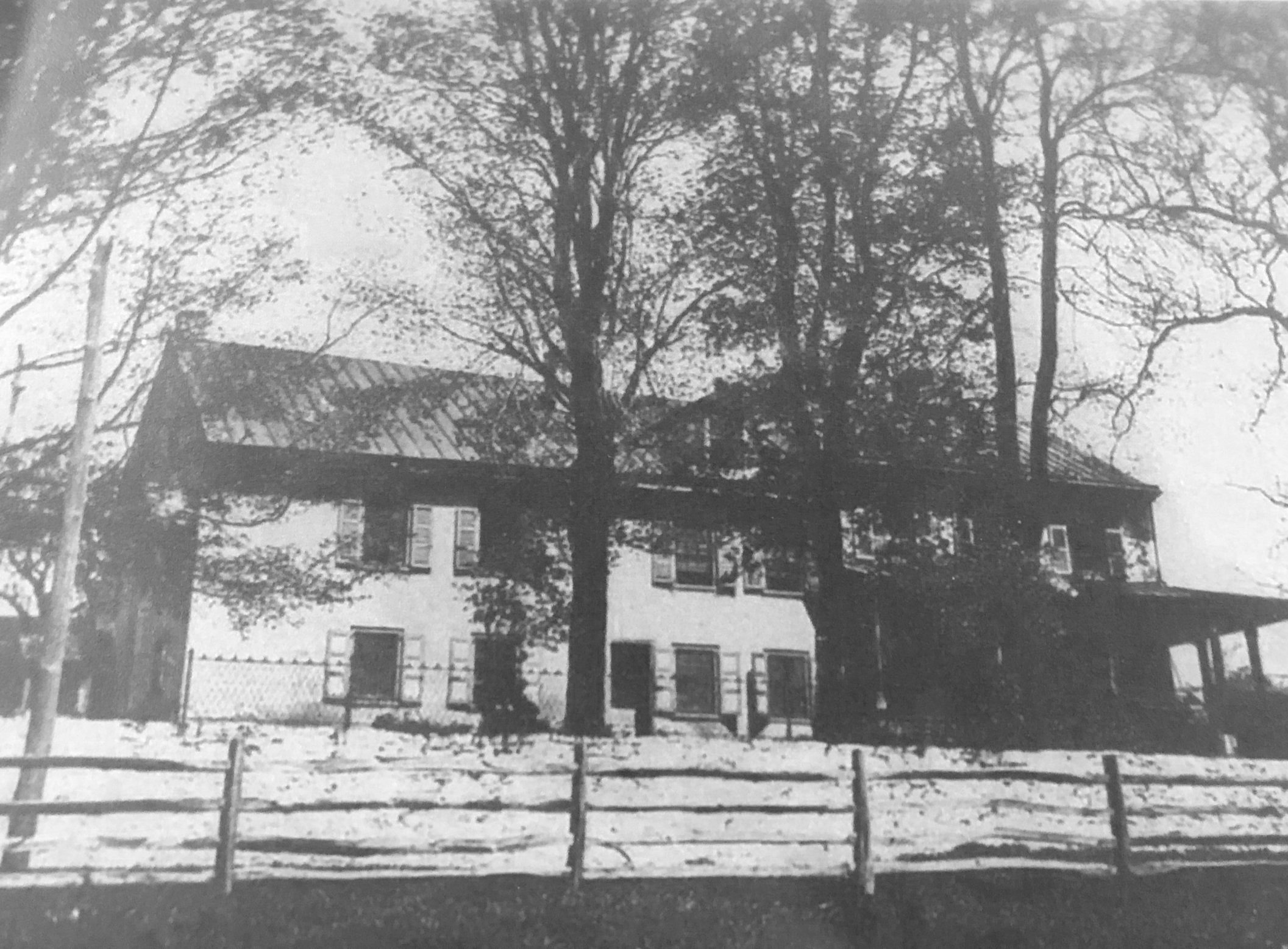
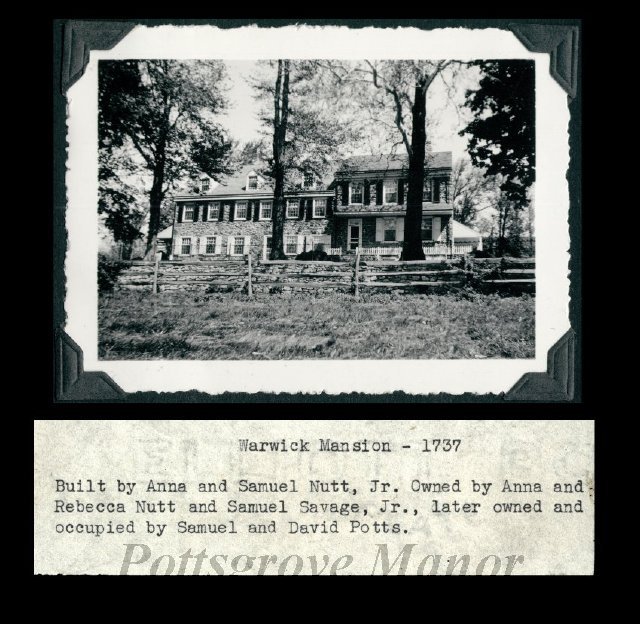
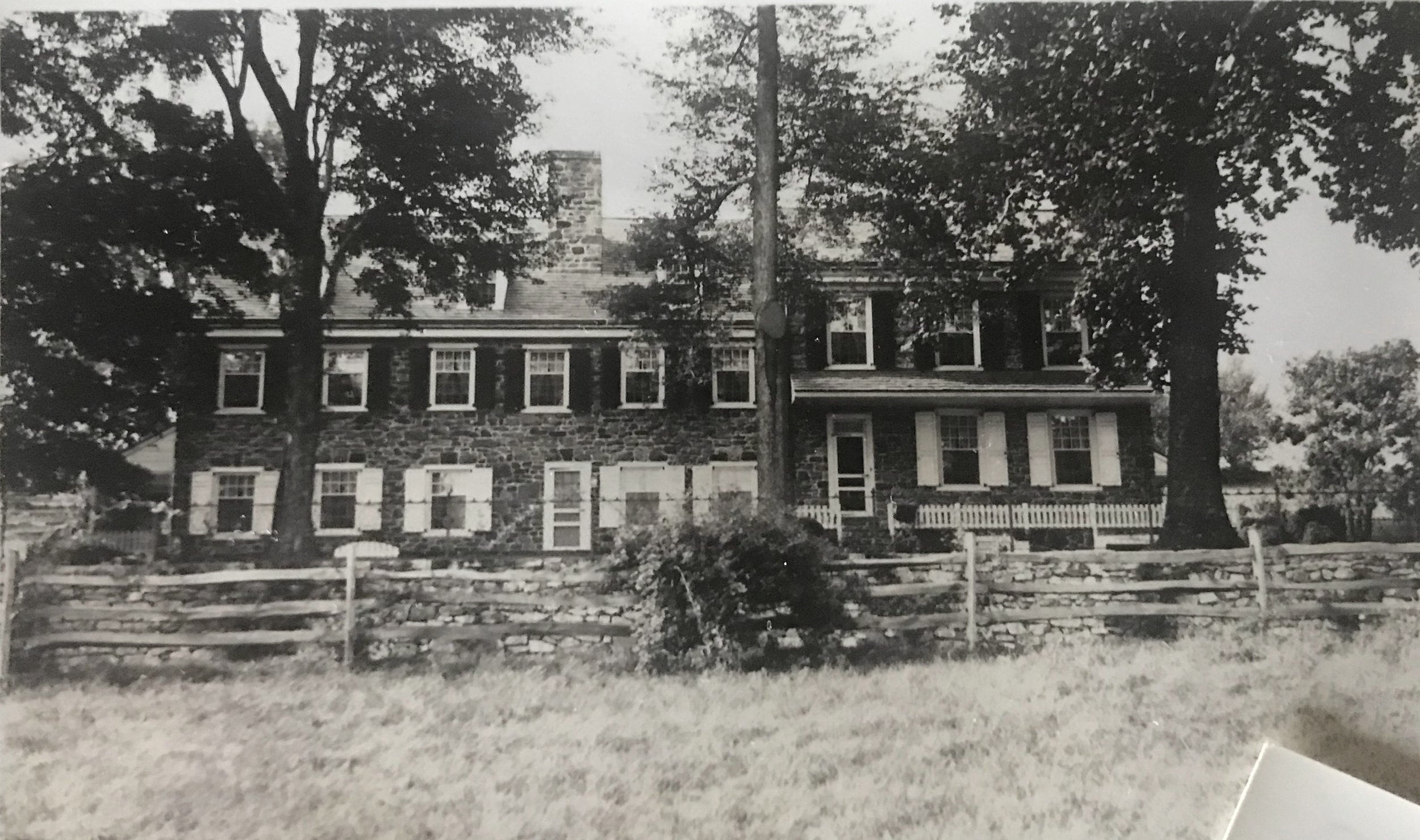
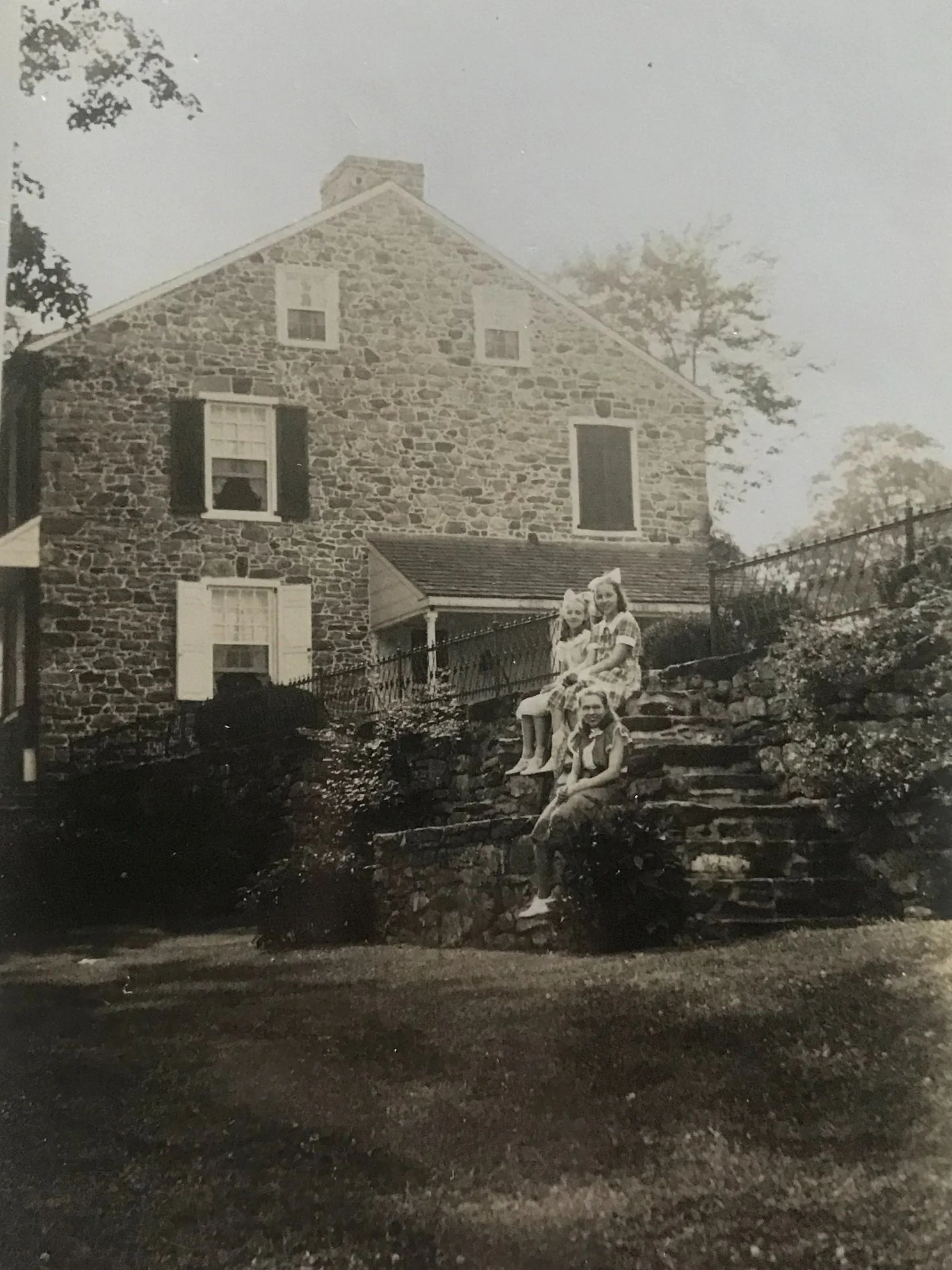
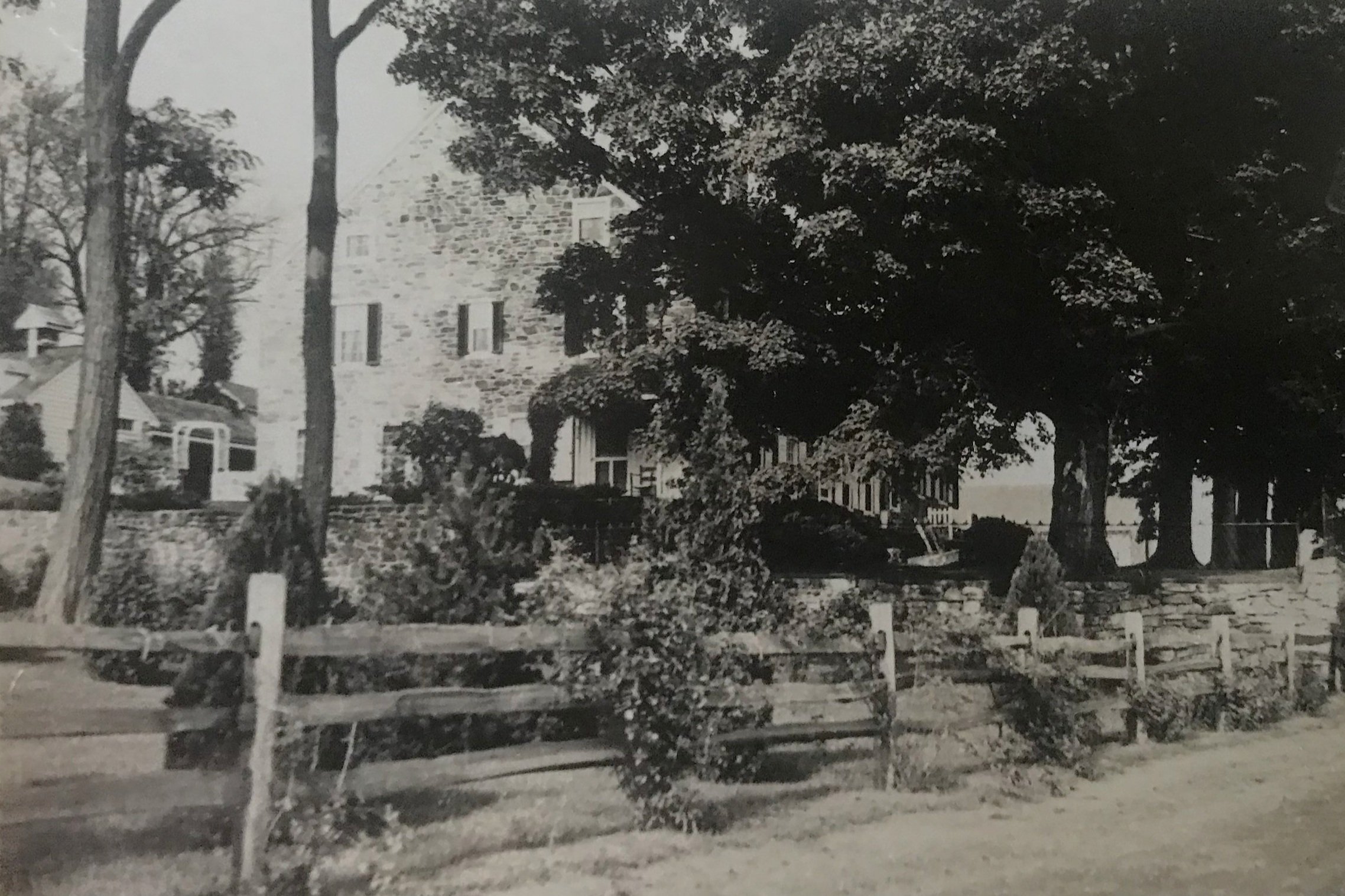
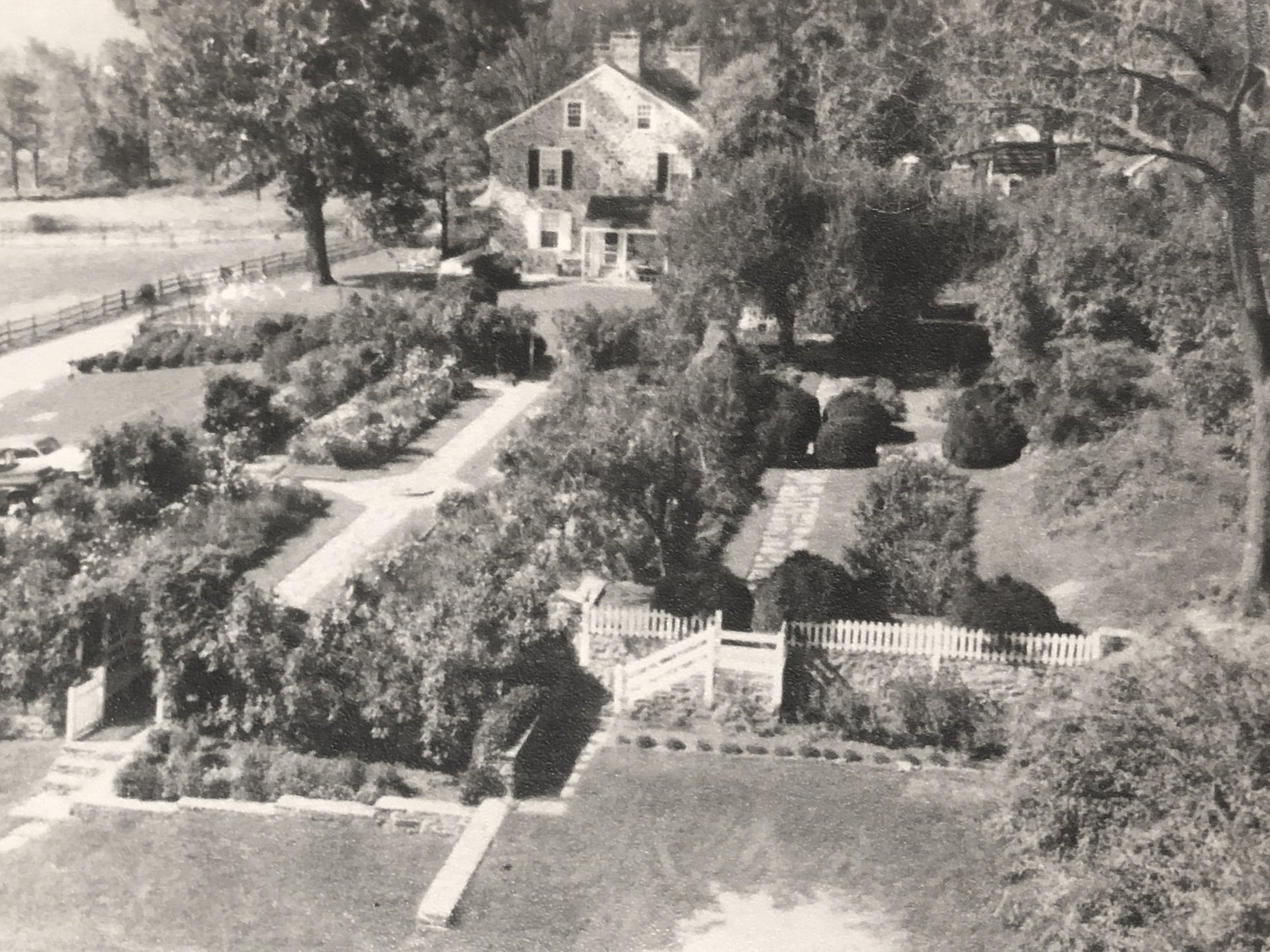
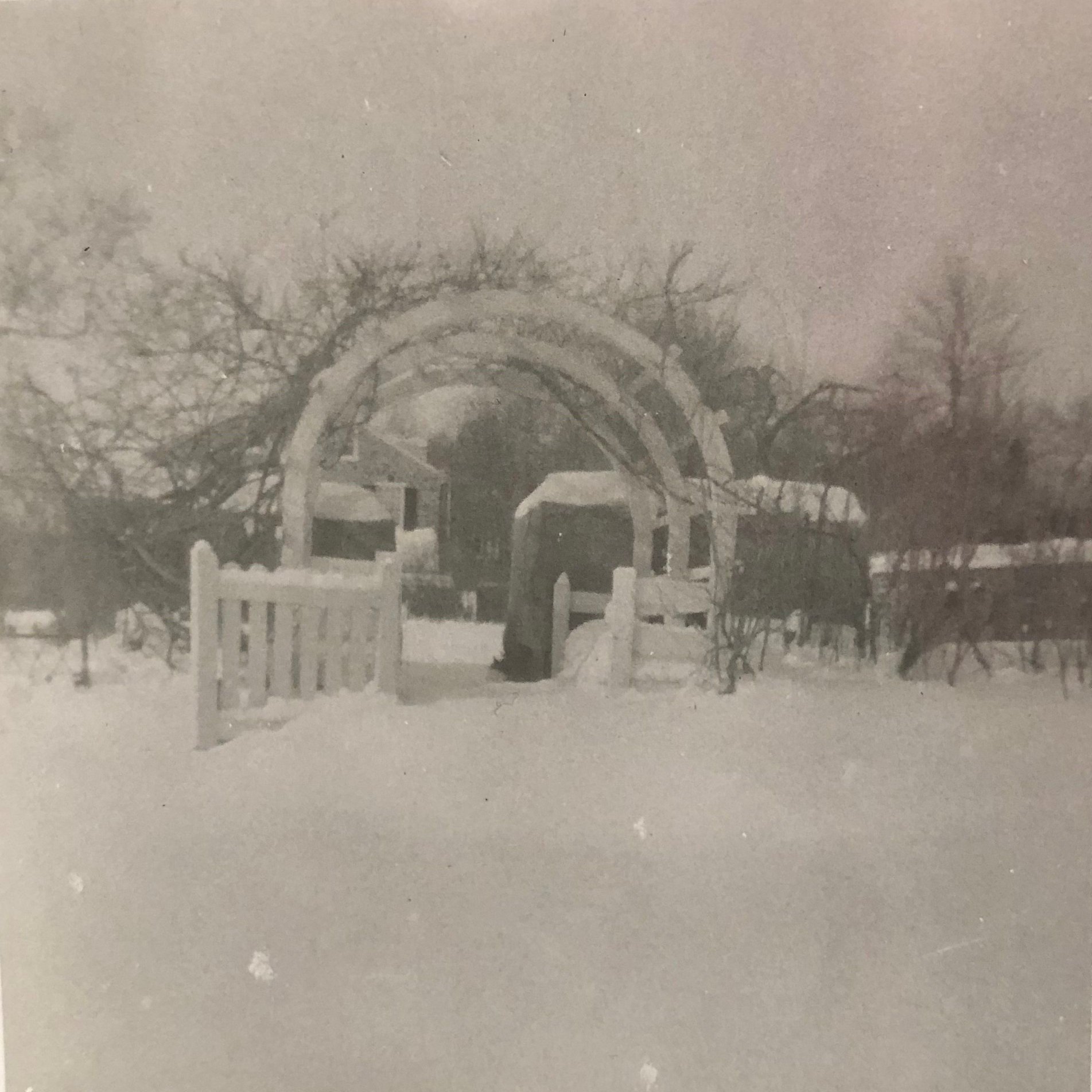
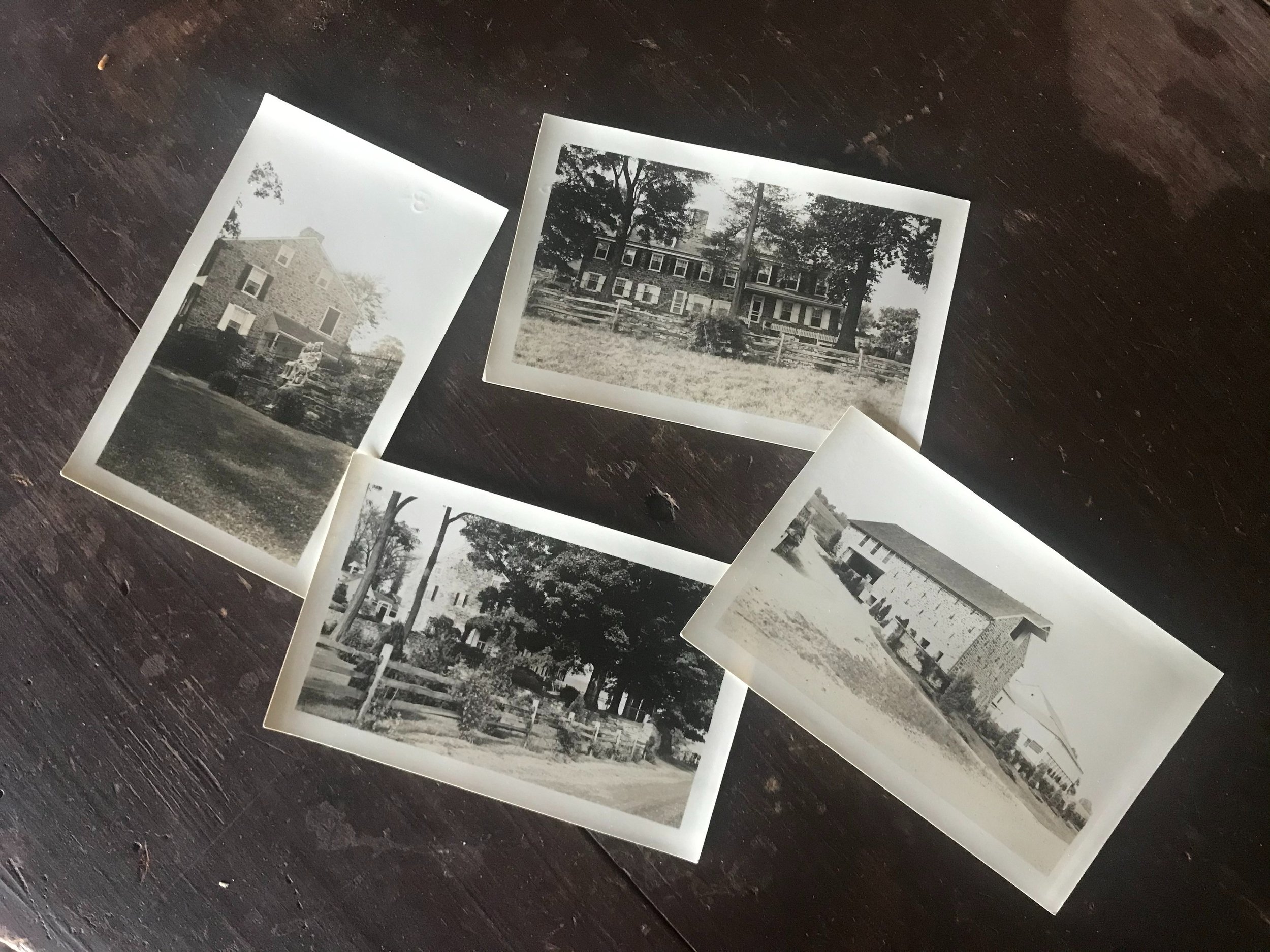

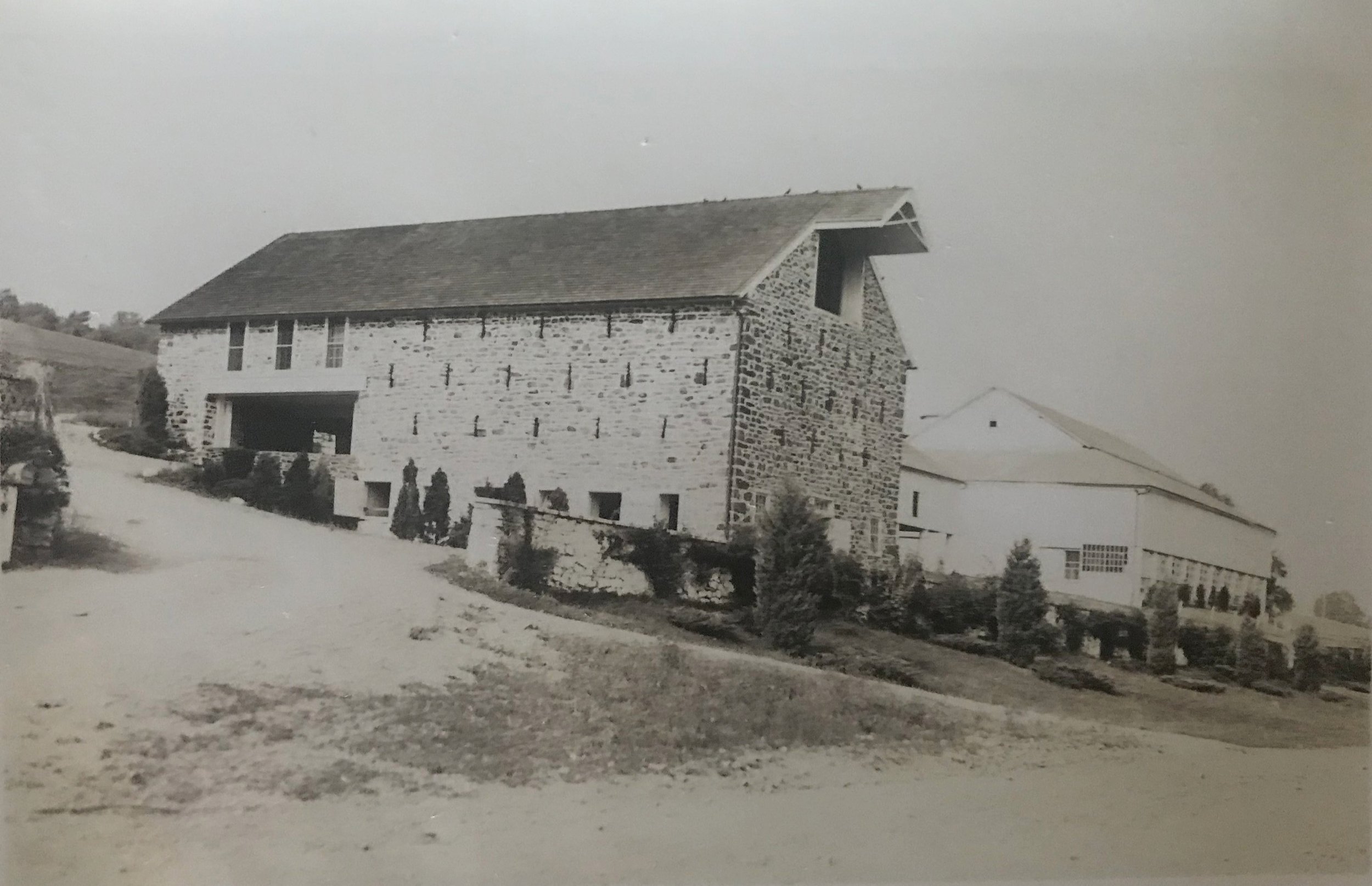
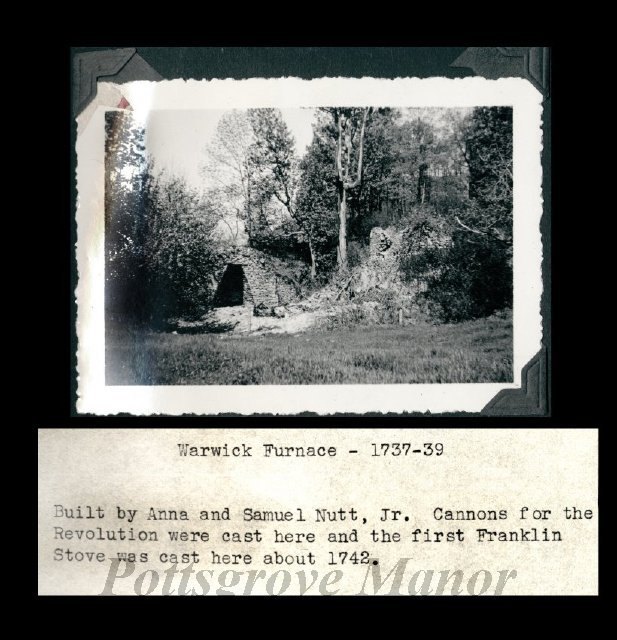
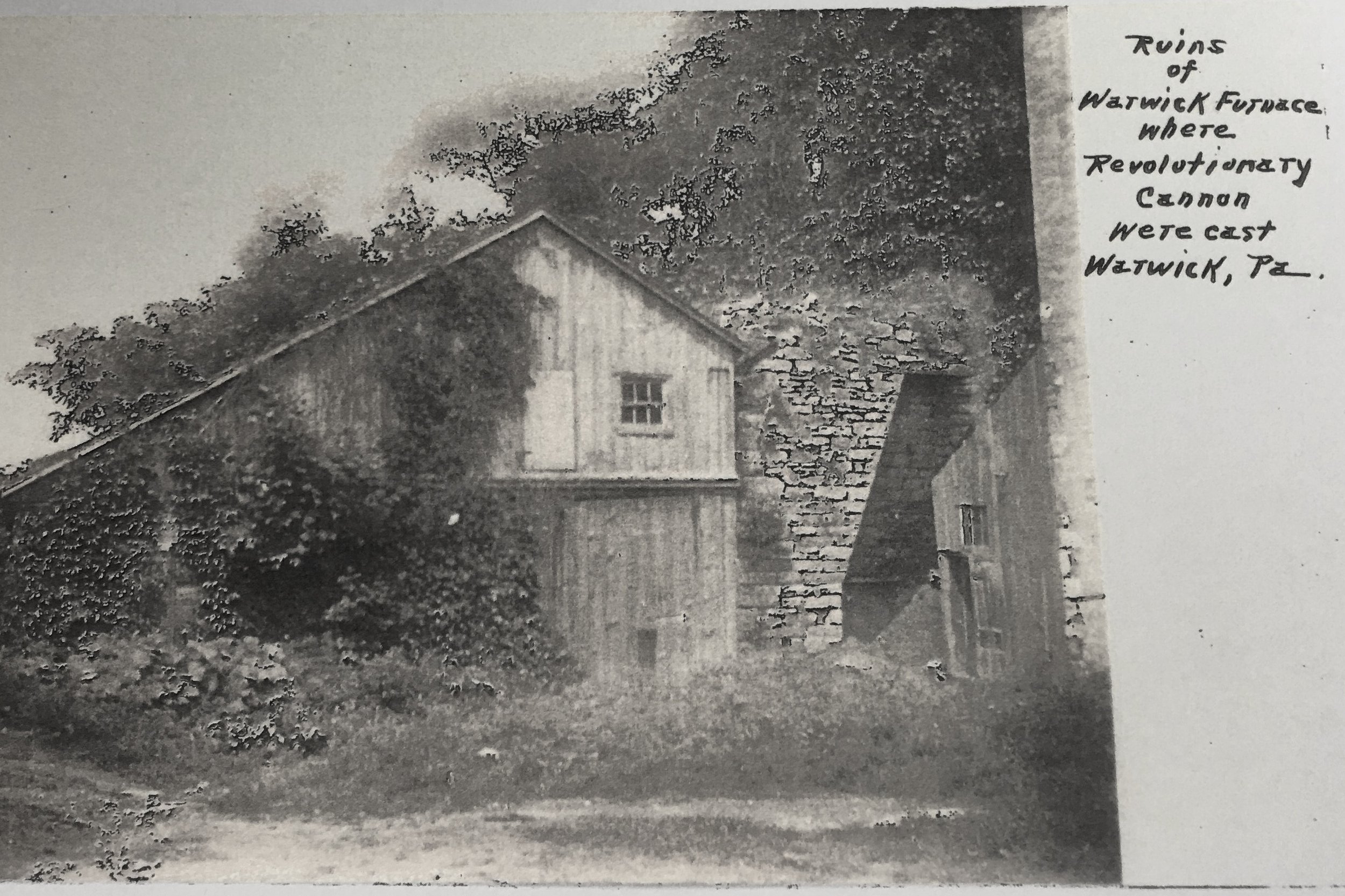
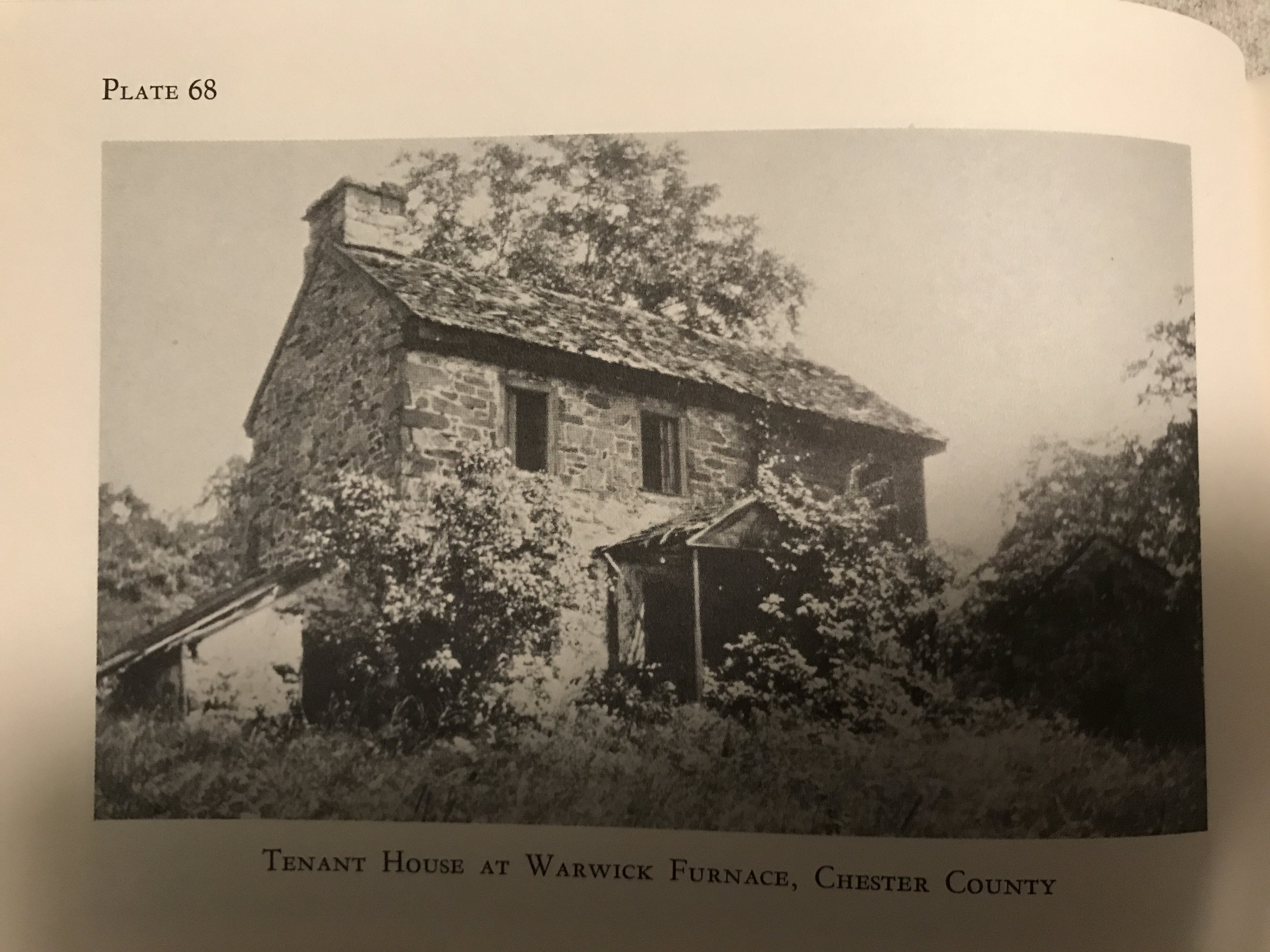
WARWICK FURNACE TODAY
Today the Warwick Furnace is owned and protected by the French & Pickering Creeks Conservation Trust as part of the Thomas P. Bentley Nature Preserve.



